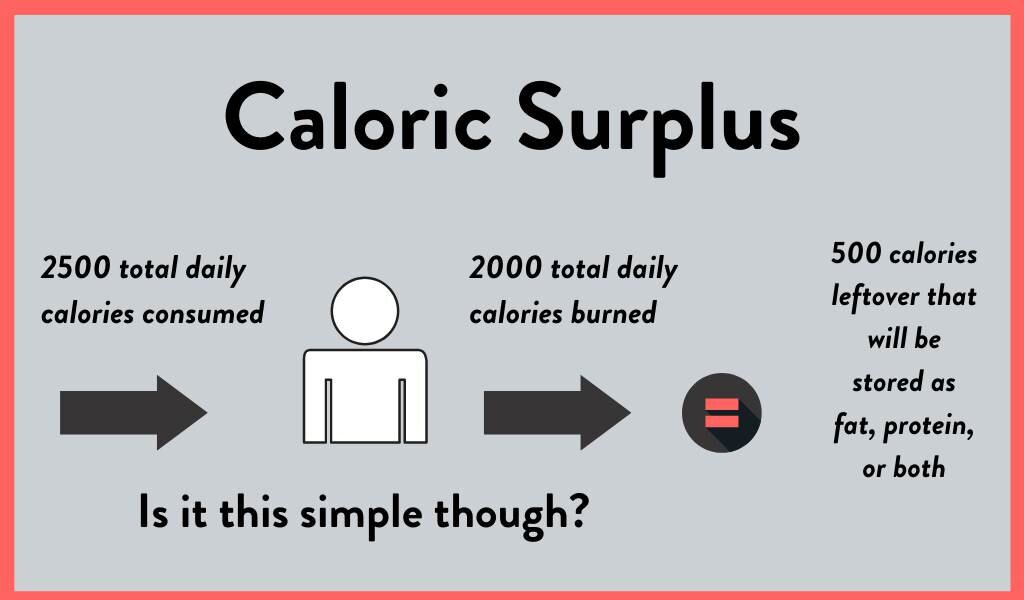
Quick Lose fat while eating more
Table of Contents
Lose fat with eating more approach. Cutting calories isn’t always the best approach. Your body is a dynamic system that reacts to its environment. If too few calories are consumed over a long period of time, it ratchets down energy expenditure and you burn much fewer calories.
And it works the opposite way. When you have a calorie surplus, your body raises your metabolic rate and burns more energy daily.
How To Burn More and lose fat
A calorie surplus increases body temperature which raises metabolic rate. Scientist theorize that body temperature rises as a protective mechanism against obesity that can “burn off” upwards of 30 percent of the excess energy consumed.

Surplus calories make you more active because of higher energy levels. A fascinating study took normal weight young volunteers and fed them 1,000 extra calories for 8 weeks. The participants gained significantly less weight than would be predicted by the increase in calories. Scientists attributed this to the fact that eating more resulted in subjects burning more calories, mainly because they were more physically active.
Practical Tips for fat lose while eating more
If you want to gain muscle, you want to eat in a significant energy surplus, providing your body with all the calories to cover total energy expenditure. To minimize fat gain, an energy surplus of 350 to 470 calories per day is a good place to start. If you gain fat easily, opt for the lower end of the range. For those who tend to be leaner, opt for the higher end of the range.
If your goal is strictly fat loss, an energy deficit is necessary. But the key is to achieve the right energy deficit. People (especially women) tend to under eat and drop their calories so low that the body starts to panic. When calorie intake is below your resting metabolic rate (1200 to 1600 calories), you are no longer supplying your body with enough energy and your metabolism drops in order to compensate. You’ll often find that body fat starts to decrease by increasing calorie intake. If you are currently eating below your metabolic rate, start increasing calories until you find the sweet spot that your body can handle without gaining fat.
Leverage protein for its high thermic effect and muscle building benefits. Scientists recommend a minimum of 1.6g/kg for maximal muscle gains for recreational trainees and 1.7g/kg baseline intake to sustain muscle for serious trainees. Maximal muscle building occurs at 2.2g/kg.
Take advantage of the thermogenic effects of healthy fats. Fats found in avacados, coconuts, and salmon increase body temperature, bumping energy expenditure. One study found that men who ate about 3 grams of omega-3 fat a day increased metabolic rate by a whopping 51 percent.
Prioritize high-quality whole foods over processed foods. Getting your calories from junk food isn’t the same as eating a diet rich in vegetables, meat, seafood, fruit, and so on. Not only are whole foods more nutritious, they help manage appetite, and in the case of proteins, lead to a greater increase in muscle building.
